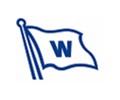
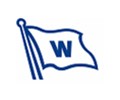
Ajit Kurup, who used to work as a technical superintendent was frustrated with the inspection reports he received. “I was left with more questions than answers,” Ajit quipped.
He is a firm believer that inspection reports should be accurate, concise, factual, and well-structured. And since there was a gap in the market, armed with his experience, Ajit took it upon himself to meet the demand for quality inspections and reports. This principle continues to guide him and his team when it comes to ship inspection operations.
“What sets us apart from our competitors is the detail we put into the reports. Each report is catered specifically to the client’s requirements. There’s no cookie cutter business here so each report is different,” Ajit further explains.
With great pride Ajit explains that he has a database of 10,000 ships from the inspections that he has been involved with. These inspections are done primarily for the pre-purchase of ships. The interest of the buyer is at the heart of such ship inspections. It’s important to understand the objectives of the clients before they go into the project. The findings of the reports may impact the decisions of the clients; hence the inspection must be carried out with diligence and care.
Over the years, Ajit has developed a global network of trained inspectors. Even with the ongoing pandemic, inspections are still being requested by clients. And thanks to this network, Ajit can continue his work uninterrupted as he can “activate” an inspector from that specific country without having to cross borders.
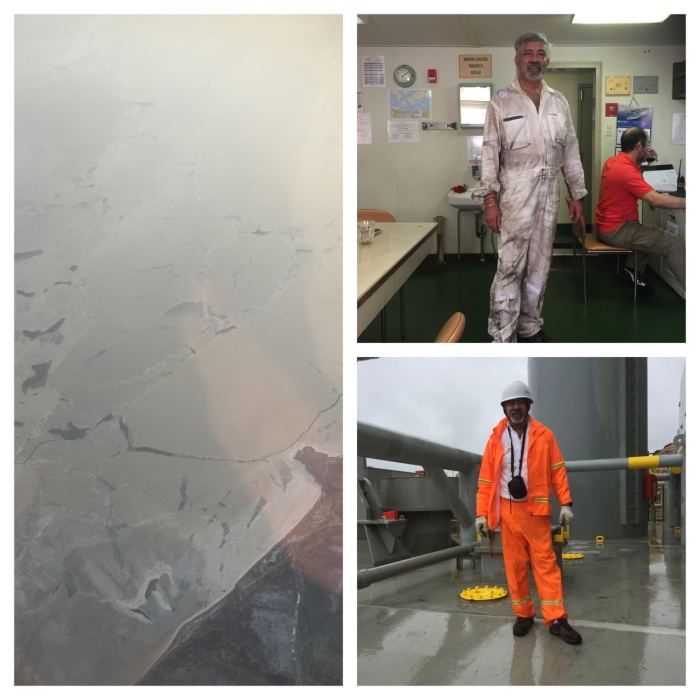
The task of inspecting a ship requires someone to be physically fit. “You need stamina,” confirmed Praveen, one of Ajit’s inspectors.
The inspectors are not given much time to be on board, so they need to move fast and be diligent with their work. They usually have between 24-48 hours to inspect the entire ship, so they try to capture as many pictures as possible that they can review after.
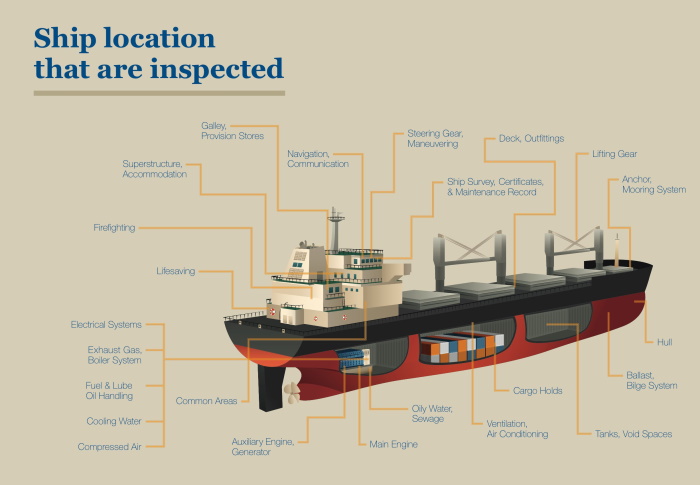
The diagram shows the typical locations on the ship that are inspected
Being seasoned and experienced in the job helps as one would be familiar with the ships’ interior space. The inspectors often know where to look for common defects and include it in the reporting for the clients. This is to ensure that the clients are aware of what they are purchasing including potential repair costs. Depending on client’s requirements, the scope of inspection could take in more emphasis on certain areas.
Beyond their own experience, the ship inspectors believe that good public relations is a much-needed skillset when carrying out their tasks.
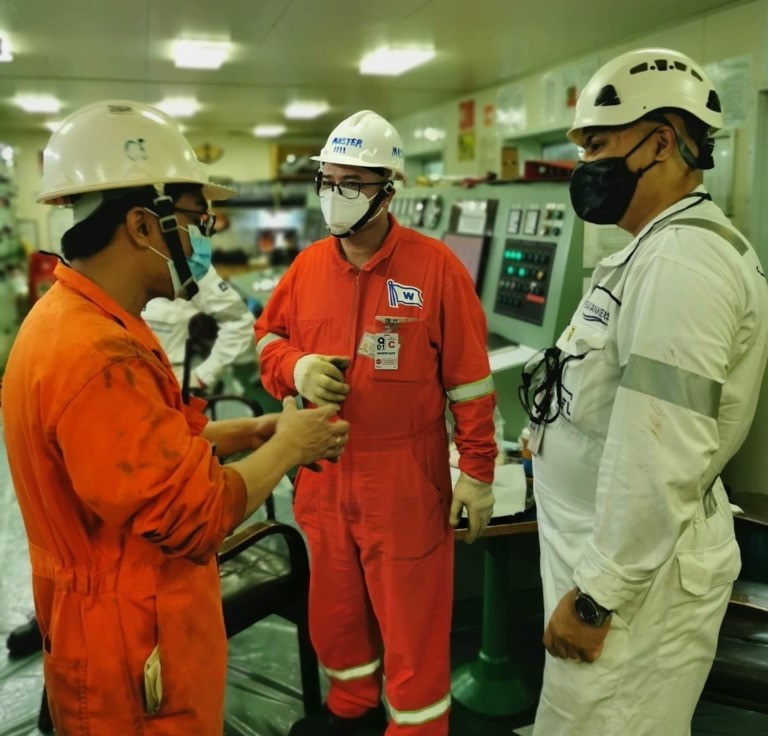
Connecting with the crew is the best way to get information
“Communication is a key aspect to the work we do.” Iulian explains. He is also an inspector that has worked with Ajit for many years. “You need to be able to speak and connect with the people working on the ships. From there you will have a wealth of information at your disposal. And people love to talk so if come off as friendly and engaging, there are little nuggets of details that you can pick up.”
As experienced ship inspectors, these individuals know exactly what to look out for when they first arrive on the ship. But it’s always good that they can speak to the people who are working there especially when they need specific documentation including maintenance records and warranty. It makes the ship inspection process easier.
Ajit is the final gatekeeper before the report is handed to the client. He pours over the information submitted by his trusted inspectors, validates the accuracy and integrity of the information and structures the report in accordance to the client’s requirements.
As he puts it, “You can cook the most delicious food in the world but if it’s not cooked to the liking of the client then it’s useless. We make sure we cater our reports to those specific demands and that’s what makes us outstanding at what we do.”
Source: Wilhelmsen